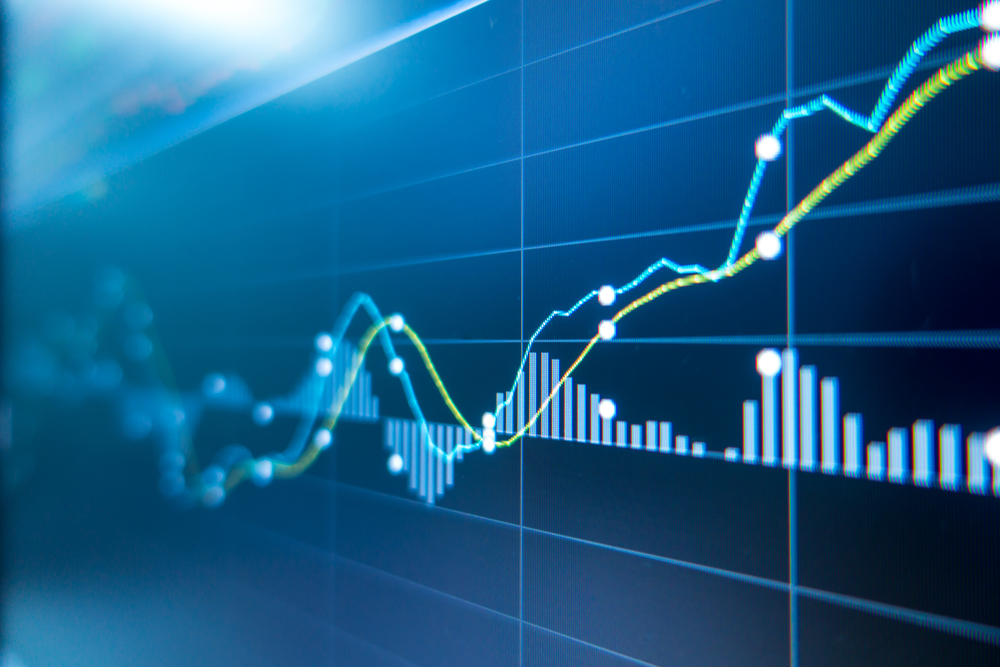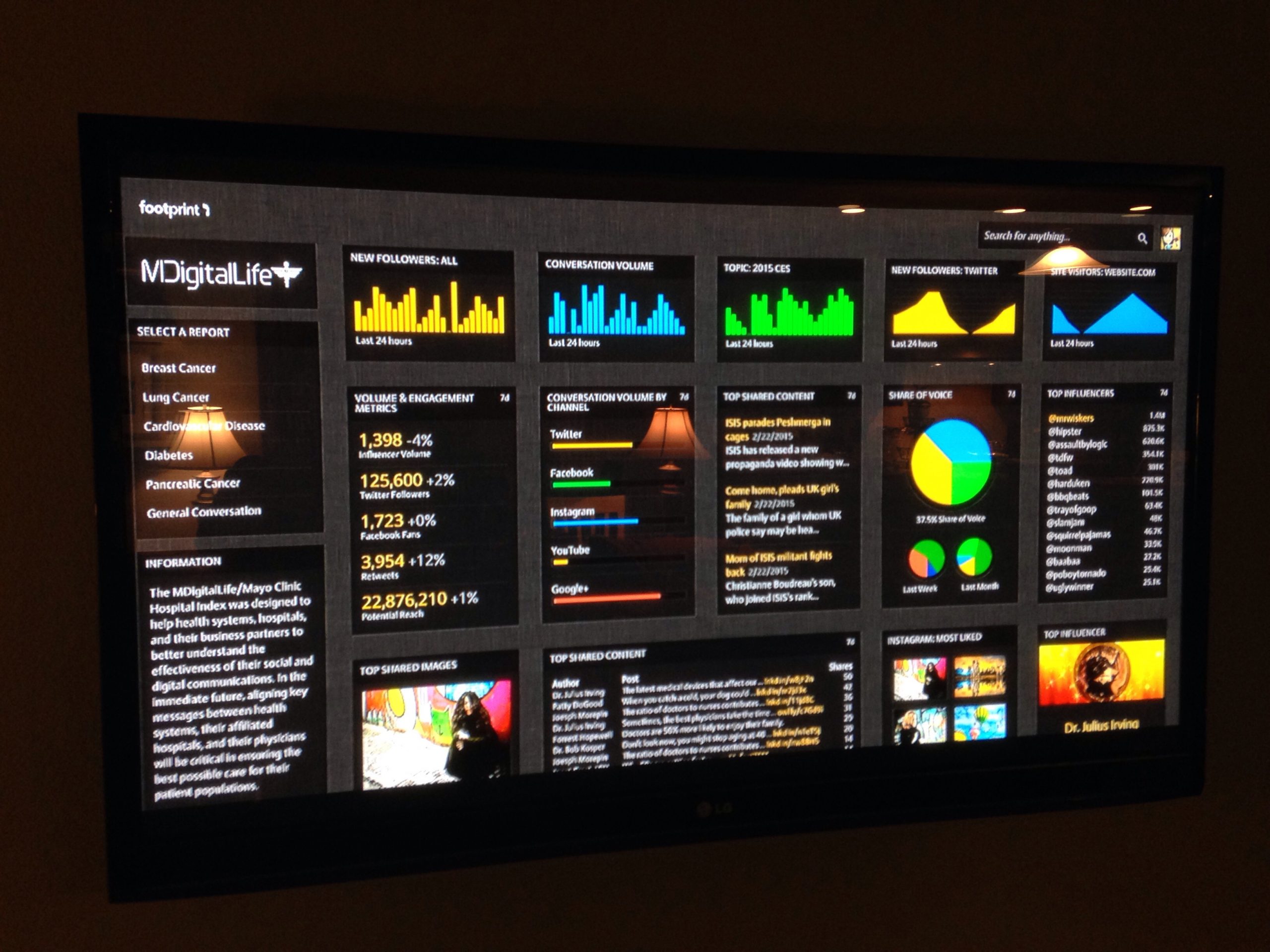Regression analysis is a common tool in the belt of analysts and data scientists. At it’s core, it is understanding the relationship between factors and outcomes. This post hopefully simplifies what this common term is and helps you understand it a bit better.
Have you ever played with a toy car that has a remote control? Imagine you have a remote control car, and you want to know how fast it goes. You can control the speed with the remote control, but you want to understand how different speeds affect how fast the car goes.
Regression analysis is like trying to understand how the speed of the car affects how fast it goes. To do this, you might do an experiment where you drive the car at different speeds and measure how far it goes. Then, you can use this data to figure out how different speeds affect how far the car goes.
In data science, regression analysis is a similar concept. Instead of a toy car, we are interested in understanding how different factors (like price, advertising, or time) affect a particular outcome (like sales or hours). We collect data on these factors and the outcome and use regression analysis to understand how they are related.
Let me give you an example. Imagine a lemonade stand. The owner of the lemonade stand wants to know how the price of the lemonade affects how many cups they sell. They do an experiment where they sell lemonade at different prices and count how many cups they sell at each price. Then, they can use regression analysis to understand how the price of the lemonade affects the number of cups sold.

Another example is a garden. Imagine you want to know how much sunlight a plant needs to grow. You might collect data on the amount of sunlight the plant receives each day and measure how much it grows over time. Then, you can use regression analysis to understand how the amount of sunlight affects how much the plant grows.
Regression analysis is a powerful tool in data science because it allows us to understand how different factors are related to each other. It can help us make predictions about what might happen in the future based on what we know about the past. For example, if we know that sales tend to increase when we increase advertising spending, we can use regression analysis to predict how much sales will increase if we increase advertising spending by a certain amount.
You don’t have to know everything about everything, but every little bit helps.



